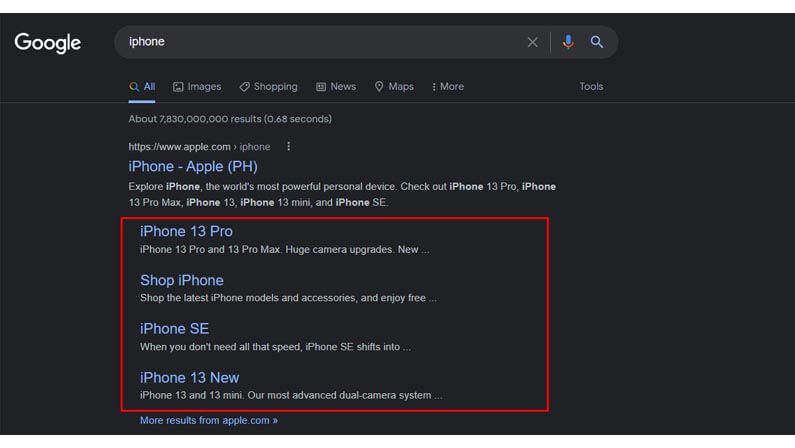When it comes to ranking on search engines, your brand name can be both your best friend and your worst enemy. With that, branded search is becoming increasingly important for companies large and small. Here’s what you should know about branded search and how it can impact your website traffic.
What is branded search?
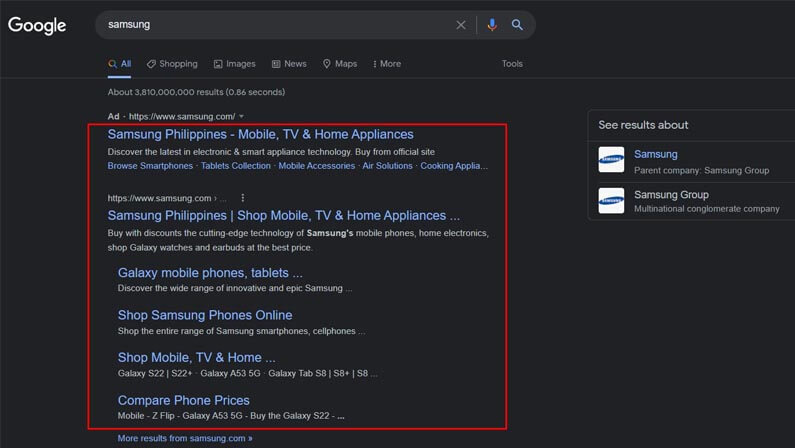
Branded search is simply when someone searches for your brand name, products, or services on a search engine like Google, Yahoo, or Bing. For example, if someone types in “Nike shoes” or “Starbucks coffee,” that’s considered a branded search.
What are branded keywords?
Branded keywords are the terms and phrases related to your brand that people are searching for on search engines. In order to find out what branded keywords you should be targeting, you can use a keyword research tool like Google Adwords Keyword Planner or Moz Keyword Explorer.
The Rise of Branded Search
Thanks to the internet and social media, we now live in a world where brands are more accessible than ever before. And as a result, people are searching for brands more than ever before too.
A recent study by Microsoft found that almost 50% of all searches are now branded. And if you break it down by industry, the numbers are even higher. For example, in the travel industry, 78% of searches are branded.
What’s more, that branded search is growing at a faster rate than generic search. So not only are people searching for brands more often, but that trend is only going to continue.
Importance of Branded Search
Having a strong brand name gives you an edge over less well-known competitors when it comes to ranking for branded keywords. In other words, if someone searches for your brand name or a specific product or service you offer, you’re more likely to show up at the top of the search results than companies that don’t have as much brand recognition.
On the other hand, a strong brand name can also work against you if people are searching for generic terms related to your business (e.g., “best Italian restaurant”) and they happen to come across your brand name in the search results.
In this case, you may rank lower than other, less well-known competitors because searchers assume that since your brand name is already showing up in the results, you must not be as relevant for their specific query.
Branded vs Non-Branded Search
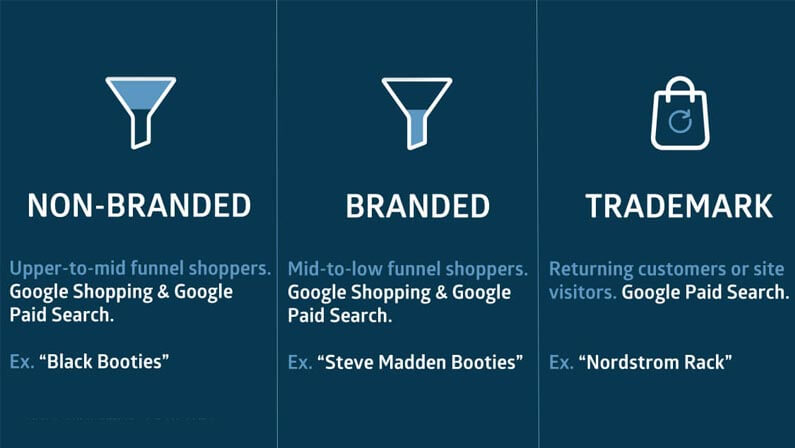
Now that we’ve gone over some tips for making your branded search strategy more effective, let’s take a step back and compare branded vs non-branded search.
Non-branded search is when people search for generic terms related to your business (e.g., “best Italian restaurant”) without including your brand name in the query. This is the type of search that you need to optimize your website for if you want to rank well in the organic search results.
Branded search, on the other hand, is when people include your brand name in their search query (e.g., “Olive Garden”). This is the type of search that you need to focus on if you want to improve your branded search strategy.
So, which is more important? The answer, of course, is both. Non-branded search is important for driving traffic to your website from the organic search results, while a branded search is important for building trust and credibility with potential customers.
Tips in Making an Effective Branded Search Strategy
So what can you do to make sure your brand is working for you and not against you when it comes to search engine ranking?
Here are a few tips:
1. Optimize your website for branded keywords.
This means using your brand name (and variations of it) throughout your website, in titles, tags, meta descriptions, etc. Not only will this help people who are specifically searching for your brand find you more easily, but it will also give you a boost in the rankings for branded keywords.
2. Monitor your brand mentions.

Set up Google Alerts or another type of brand mention monitoring tool to keep track of when and where your brand is mentioned online. This way, you can quickly jump in and respond to any negative sentiment and turn it around.
3. Manage your online reputation.
Along the same lines as monitoring your brand mentions, you also need to actively manage your online reputation. This means not only responding to negative reviews and feedback but also promoting positive customer experiences and stories. The goal is to have a mix of positive and negative brand mentions so that people get a realistic picture of what it’s like to do business with you.
4. Encourage customers to leave reviews.
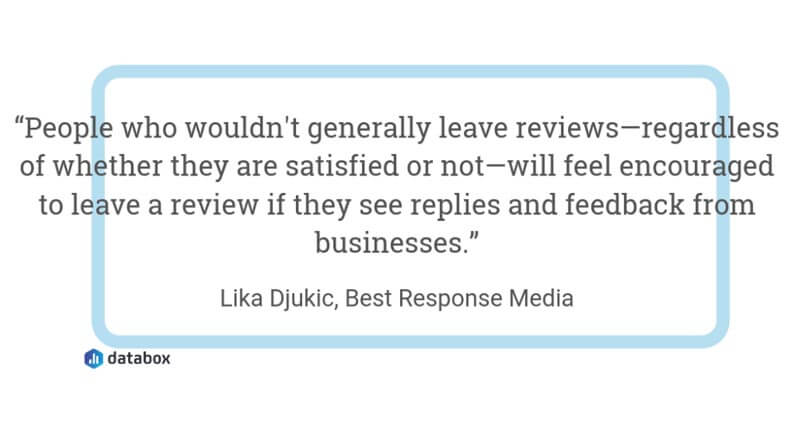
Make it easy for customers to leave reviews on your website and social media pages. The more positive reviews you have, the more likely people are to trust your brand and do business with you.
5. Make sure your NAP is consistent.
NAP stands for name, address, and phone number. It’s important to make sure that this information is consistent across all of your online listings (e.g., Google My Business, Yelp, Yellow Pages, etc.). If it’s not, it can confuse customers and search engines alike, which can hurt your ranking in the search results.
6. Claim your local listings.
If you have a brick-and-mortar business, it’s important to claim your local listings and make sure your NAP information is correct. This will help customers find you more easily and also improve your ranking in local search results.
Engage in Branded Search Today!
The bottom line is that you need to focus on both branded and non-branded search if you want to be successful in today’s digital landscape. Businesses that neglect branded search are missing out on a valuable opportunity to build trust and credibility with potential customers.
If you’re not sure where to start, try implementing some of the tips we listed above. And if you need help with your overall digital marketing strategy, don’t hesitate to contact our team of experts at LeadOrigin! We’d be more than happy to help you achieve your goals.
